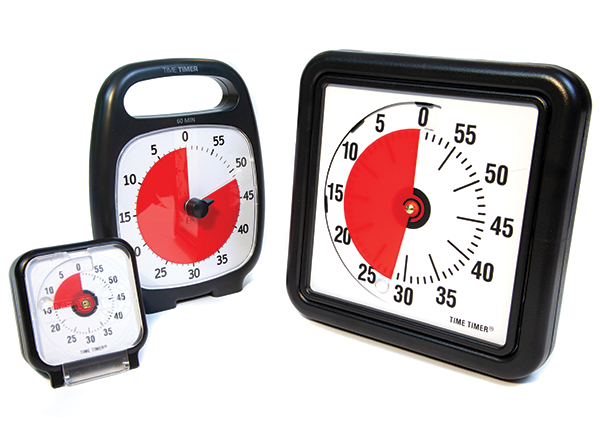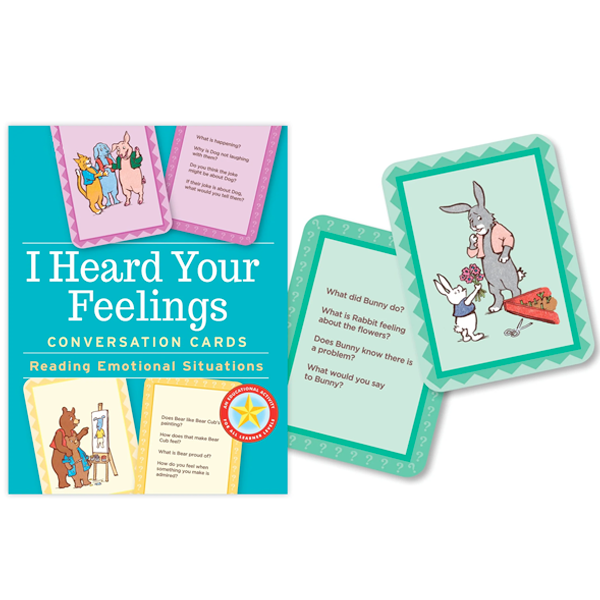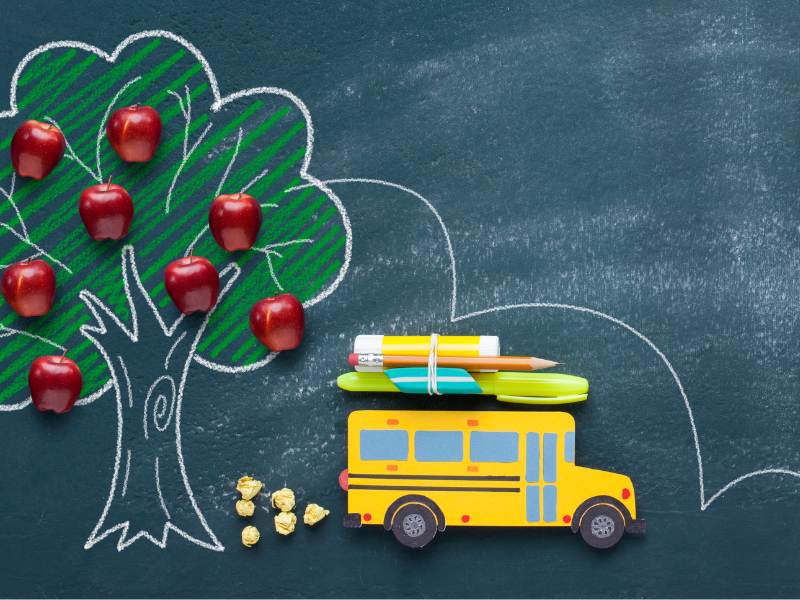The beginning of a new school year can be both exciting and challenging for children. As parents and caregivers, there are steps we can take to help ensure a smooth transition and set our children up for success. Here are a few tips for preparing children for the upcoming fall season.
Open communication is key. Reach out to your child's teachers, therapists, and other relevant school staff to discuss your child's needs and any specific accommodations they may require. Sharing information about your child's strengths, challenges, and learning style can greatly assist the school in developing strategies to support your child's learning. By fostering collaboration and sharing valuable insights, you can help create a supportive environment.
Establishing consistent schedules and routines can provide a sense of stability and reduce stress and anxiety for children, especially those with special needs. Before school starts, gradually reintroduce structured routines and sleep schedules that align with the upcoming school year. Practice routines for the morning and evening, including getting dressed, eating breakfast, and winding down before bedtime. This familiarity can ease the transition and make the first few weeks of school less overwhelming.

Another important aspect is preparing your child's physical environment. Visit the school or classroom before classes start if possible, allowing your child to explore the space and become more familiar with the environment. If changes or modifications are needed, communicate these to the school administration well in advance. Additionally, consider using visual cues such as printed-out schedules, our Visual Time Timers, labeled organizers, and other visual supports that can help students to navigate their surroundings and understand expectations. 
Lastly, emphasize self-advocacy and social skills. Encourage your child to express their needs, ask for help, and communicate with their teachers and peers. Role-playing and practicing social interactions can be beneficial in boosting their confidence and fostering positive relationships. A few of our favorite tools for working on social skills include our SMART Play Book of Social Skills, Art of Conversation Cards, Good Manners Conversation Cards, and our Emotion-Oes game. Encourage friendships by arranging playdates or connecting with other families who have kids with similar need
By using these strategies, parents and caregivers can help children improve their confidence and feel more prepared for the back-to-school season. Feel free to reach out to us at This email address is being protected from spambots. You need JavaScript enabled to view it. if you have any questions or are looking for more back to school suggestions!
©2023 Therapy Shoppe® Incorporated. All rights reserved.
More articles you might like:
Creating a Back-to-School Supplies Shopping List for Learners with Unique Needs
10 Best Calming Tools for School Classrooms

